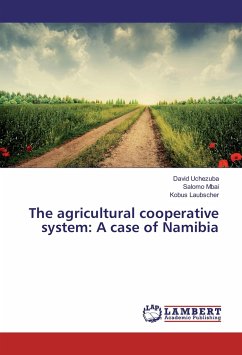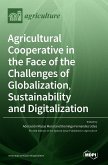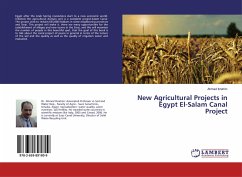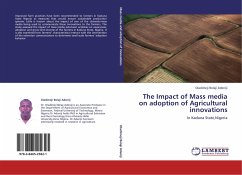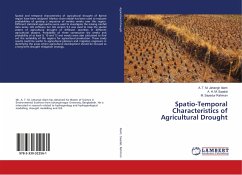The problem of trust, non-transparency, and dysfunctionality has been ascribed to the character and the nature of the agricultural cooperative system in Namibia. Perhaps the true characterisation of the problem is not known with certainty albeit, the concern about the role of the institution, government intervention and member laxity. Further insight from the institutional economics suggests that organisational behaviour has a much larger role to play. Using a survey of 340 livestock farmers in six regions of the Southern Communal Areas of Namibia this book examines the relevance of agricultural cooperatives with regards to the extent members are willing to participate with due cognisance to these aforementioned concerns. Their behavioural attribute was further accessed through their willingness to pay for an alternative equity share business entity proposed to them. The findings show that there is a general lack of knowledge of the benefit of livestock cooperative and that farmers are mindful of engaging in equity share venture than join a cooperative. Students, agricultural stakeholders and policy makers will find this book useful.
Bitte wählen Sie Ihr Anliegen aus.
Rechnungen
Retourenschein anfordern
Bestellstatus
Storno

